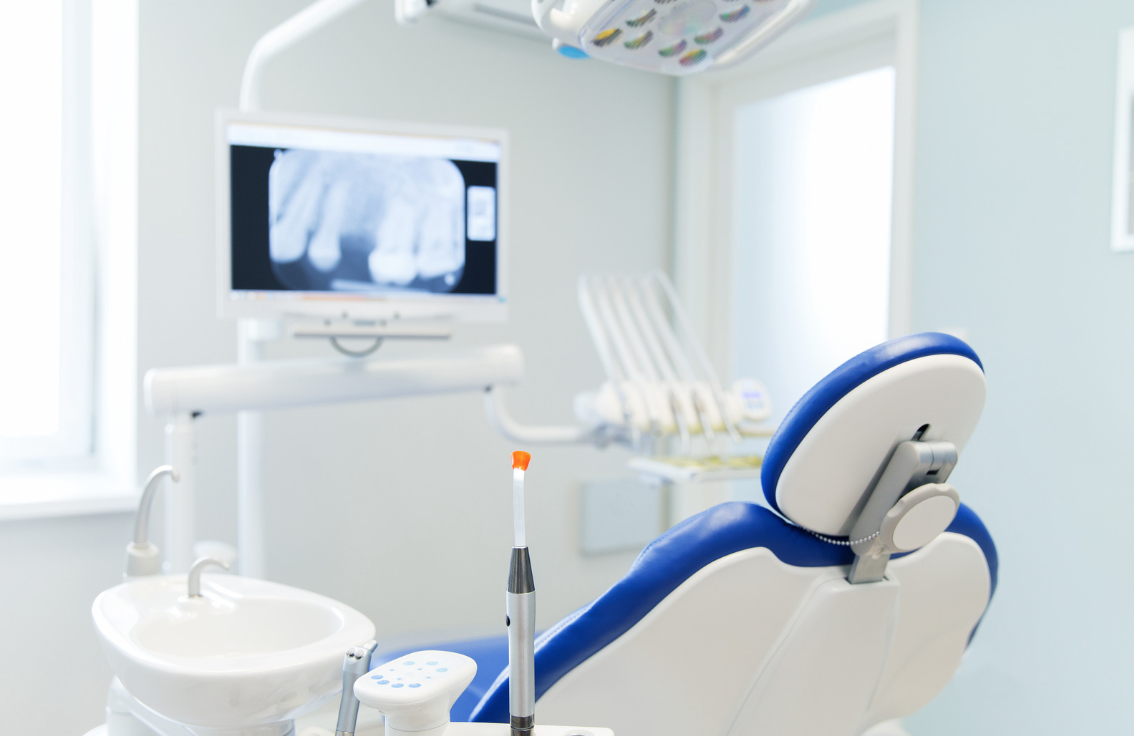In the course of a lifetime, nearly everyone will lose at least one adult tooth. Most people will lose about 12 teeth before they die.
I believe it is essential for everyone to know that you should consider dental implants before you lose a tooth. Too often I’ve seen patients who decided to wait to deal with the loss of a tooth, resulting in bone deterioration that caused greater complications and costs for restoration, especially with dental implants.
So, my goal with this post is to get the word out – if you’re having a tooth extraction, plan on replacing the tooth with a dental implant, from a credentialled dental implant expert, right away.
Read More
Topics:
timeline for implants,
what to know about implants,
Dental implant procedure,
Bone Loss,
Tooth Extraction
Let’s start with a fun fact: dental implants and spaceships have something in common. They’re both made from titanium. That’s right, the implant in your mouth will be as strong as the rockets that head to Mars and beyond. So, don’t be surprised if an implant company approaches Elon Musk to become their brand ambassador.
Read More
Topics:
Getting started with dental implants,
FAQs,
what to know about implants,
Dental Implant Trends
I often get asked - can I get dental implants if I have osteoporosis? The good news is that, generally, the answer is yes, you can get dental implants despite having osteoporosis. The bad news is, it needs special finessing, expertise, and healing time to be successful. Let's delve more deeply into the topic.
Read More
Topics:
FAQs,
what to know about implants,
overall health,
Dental implant procedure,
Osteoporosis
For decades, dentures (not dental implants) have been the most cost-effective way to replace large numbers of badly damaged or missing teeth. Today traditional dentures have their drawbacks, the most notable being that they lack the chewing strength of natural teeth (about 20% of your original biting force) and aren’t entirely stable, which can make speech difficult and one feel self-conscious. Today, the closest replacement to natural teeth is fixed dental implants, a permanent solution that is not removable.
Read More
Topics:
Getting started with dental implants,
dental implant research,
Choosing an implant dentist,
dental implant process,
what to know about implants,
Dental implant procedure,
Implant-Retained Dentures
When I was a kid, one of the coolest shows on TV was MacGyver. For those not of my generation, “Mac” traveled around the world and helped people in need solve their problems. He was always there for the underdog and his methods were, whenever possible, non-violent and non-lethal. At the end of each episode, he always found himself in a challenging situation and used his brains and whatever he had on hand to get out of the predicament. He was a science nerd who could fix most anything.
Read More
Topics:
Getting started with dental implants,
dental implant research,
Choosing an implant dentist,
dental implant process,
timeline for implants,
what to know about implants,
overall health,
Board Certified Implant Dentist,
Credentialed Implant Dentist,
Dental implant procedure
Have you been told that you don’t have enough bone for dental implants or that dentures are your only option? Some people may stop their research at this point, but there are some revolutionary procedures made for patients just like you.
First, it’s vital to do your due diligence and find a dentist with extensive expertise, training and experience beyond basic dental implant education. Dental implants are not one size fits all – they are complex, sophisticated devices requiring specialized training to fit and place properly.
At my practice, I treat patients with the most severe bone loss and have the experience and surgical skills to provide these procedures.
Read More
Topics:
Getting started with dental implants,
what to know about implants,
Dental implant procedure
For many years, dentures had been a traditional way to replace missing teeth. However, many patients are not happy with their dentures or simply may not know about other options.
One of the biggest disadvantages of dentures is they can be uncomfortable and slip out of place when speaking, eating, smiling, yawning or coughing. Additionally, missing teeth and dentures cause jawbone deterioration over time due to constant pressure from chewing food or clenching.
Read More
Topics:
what to know about implants,
health connection,
mini dental implants
Are you missing one or more teeth and wondering what the right replacement option is for you? Have you heard of alternative options to standard implants?
I have placed dental implants since 1985 and many patients have asked me about mini dental implants and how they compare to normal-sized dental implants.
In this blog post, I will walk you through the difference between mini implants and standard dental implants and how to decide what is right for you.
Read More
Topics:
what to know about implants,
health connection,
Board Certified Implant Dentist,
mini dental implants













